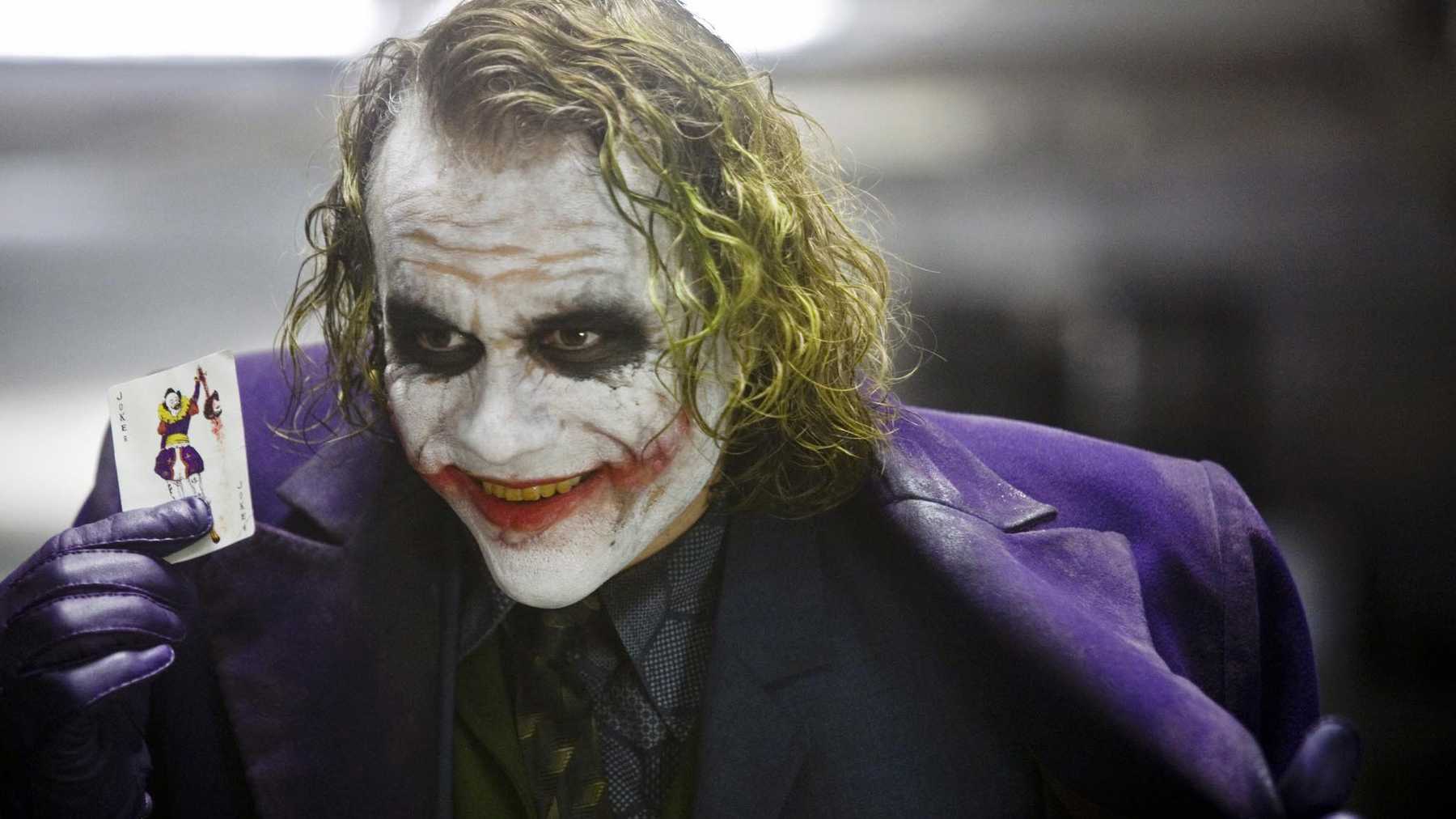In every film – especially with superheroes – there is always the ghastly villain that makes our blood boil. From Maleficent to Darth Vader, what is it that drives our endless fascination with these villains?
In recent years the general public has become increasingly obsessed with villains, crime, and the criminal psyche.
Our fascination is one we couldn’t predict. Childhood films taught us to root for the hero who ultimately defeats the evil villain by the end of the film. Despite this, public opinion has shifted and now the villain is often the fan favourite – with a cult following. However, what is the reason behind this, and should we feel guilty?
It raises the question have we as a generation decided to embrace our collective dark side, or has our fascination with the criminal psyche gone from minor interest to an obsession?
Here are some reasons why your interest in the villain doesn’t necessarily make you an evil person:
You see yourself in them
Are you the dark sheep of your family like Loki? Or are you in love with the bad guy like Harley Quinn? Maybe you have been treated badly in the past by those you trust like Maleficent?

Image credit: The Atlantic
Everyone experiences suffering in their life and villains are no different. We have all at some point felt downtrodden by society, or perhaps felt anger at injustice. Maybe we are fascinated by villains because we want to be like them. We want to retaliate against a world that isn’t always kind.
The trend of spinoff films from the perspective of the villain has made it easier than ever to relate to them. Directors explore the human-side of them through their origin story – allowing us to relate to their suffering.
Curiosity killed the cat
Mankind is innately curious, curious about new experiences, new people and bizarrely the villain lifestyle.
A life without consequence. One with car chases, gunfights and power does have its appeal – but our fears and morals stop us.
However, through the villain we can explore a life of freedom and mystery without leaving our living room, or putting down the bowl of popcorn.
We are fascinated by villains because for the hour or two we watch them, we vicariously live through them. Discovering our darker sides and experiencing the adrenaline rush alongside them. Once the film has finished and our curiosity is satisfied, we go back to a life completely unchanged and with no prison sentence.
Their lives are over-romanticised
A life of luxury and freedom sounds like any millennials dream if you can look past the violence and crime that is!
Villains have a desirable life in the aspect that they are free. People already hate them, so there is no societal pressure to make a good impression. A villain won’t be polite to the colleague they hate or wake up early to commute to their nine to five job.

Image Credit: W Magazine
Take Villanelle for example – from the popular TV show Killing Eve. If you looked at her life and didn’t know about her job title you would envy her. She travels to beautiful places and stays in the most expensive hotels. She buys whatever she pleases and lives a life of freedom.
The story would be bad without them
Who would Batman be without his Joker? Luke without Darth Vader?
In these films, there would be no plot without the conflict between a good hero and an equally good villain. The hero would never look heroic without a challenge from their rival.
Whilst being interrogated in The Dark Knight, the Joker exclaims that he doesn’t want to kill Batman and that he wouldn’t know what to do without him because Batman completes him. This highlights that even the villain knows that they need each other. Batman wouldn’t know what to do without the constant challenge.
Beyond this, the villain often introduces a layer of humour and excitement to the plot – often through dark humour or a level of insanity. They often have the wittiest lines and more unpredictable actions. Without them, the plot would be boring…
They aren’t only villains anymore
The modern villain isn’t only evil, but complex.
The trend where villains are the protagonist has allowed the public to explore the more human qualities of the “bad guy”. By seeing their origin and traumas, the archetypical villain is killed to make space for the modern villain. A villain who is complex and troubled, rather than pure evil.
In the Joker (2019), we leave the cinema with sympathy and sadness for Arthur, even though his character is traditionally thought of as a villain. He is a modern villain who demands empathy as we watch his slow descent into insanity, his family trauma, and constant bullying it is clear he is also a victim. It is impossible to ignore that the world made him a monster, he wasn’t born evil but was pushed to it.
So, although the villains are the baddies in some of our favourite cinematic pieces, this doesn’t stop us relating to them and actually sympathising with them in some cases. Perhaps we all have some sort of dark side to us…
By Daisy Ward
Feature image: Empire

